My great grandfather, Rabbi Aryeh Leib Frumkin, was a Litvak, a Rabbi in Kovno. But he was an unusual Rabbi, and like many Rabbis in the 19th century, he thought about the Jewish return to Israel, and he made aliyah in 1871.
He wrote, while he was there, a book called Toledot Chachmei Yerushalayim, ‘A History of the Sages of Jerusalem,’ a history of Rabbis in Jerusalem since the days of Nachmanides in 1265. (Nachmanides was the one who reconstructed Jerusalem after the massacres of the Crusades.)
So he went there as a scholar, as a kind of personal pilgrimage. What fascinates me is the change that happened to his life. In 1881, pogroms broke out in more than a hundred towns and villages in Russia, and it sent between three and five million Jews in flight to the West, to America, to Europe. And all of a sudden, my great-grandfather realised that aliyah was no longer a pilgrimage for the few, but a pressing necessity for the many.
And in 1882, he went around Europe conducting what must have been one of the first aliyah campaigns in history. And he returned to Israel a changed man, and he decided to leave Jerusalem and go out to a new yishuv, a new settlement, which was just one of the expressions of the new Jewish presence in the land. And he went to a little town, which had been started by settlers in 1878. It was the first settlement in Israel. Often, there is a settlement called Rishon LeTziyon which takes that credit, but this particular settlement was earlier than that. The trouble was that all the early settlers caught malaria and left. My great-grandfather led the return of those settlers in 1882, and built the first house in that reconstructed settlement.
What fascinates me is what those early settlers called the town. It was a tiny village, and as I say he built the first house. Today it is the sixth-largest city in Israel. Those early settlers, some were religious like my great-grandfather, most were secular, but all of them loved the Bible. And so they found here, in this malarial swamp by the Yarkon River, they looked at it and they said, “This is a valley of trouble.” And then they remembered the verse in the prophet Hosea. Hosea chapter two, where God says, “I will turn the valley of trouble, Emek Achor, into a gate of hope, Petach Tikva.”
And that is what they called the village, Petach Tikva, today the sixth-largest city in Israel. My great-grandfather built the first house. So, what really makes me excited, is the way this rabbinical scholar recognised that life had changed for Jews, and he went out there and helped build the land and state of Israel.
SHARE
More from JInsider
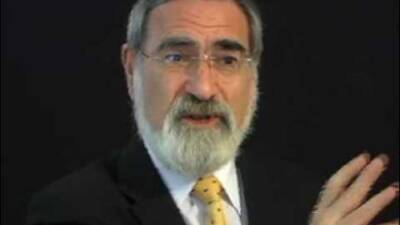
Rabbi Sacks on the Jewish Narrative
JInsider (March 2010)
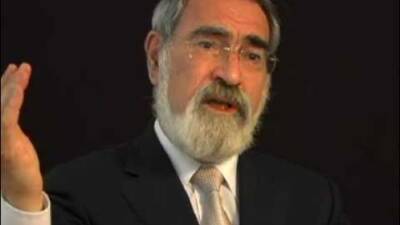
Rabbi Sacks on Future Tense Take Aways: Part 1
JInsider (March 2010)
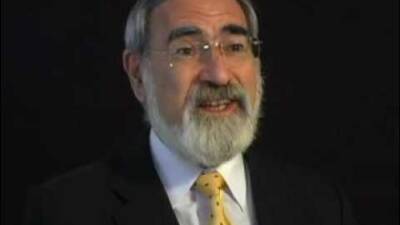
Rabbi Sacks on Future Tense Take Aways: 2
JInsider (March 2010)
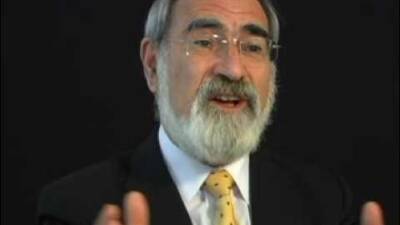
Rabbi Sacks on the Universal Jewish Story
JInsider (March 2010)
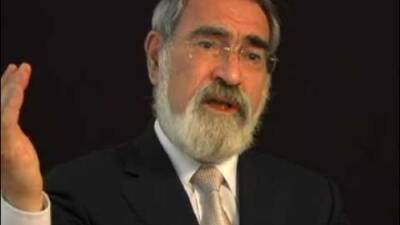
Rabbi Sacks on Eco-Judaism Roots
JInsider (March 2010)
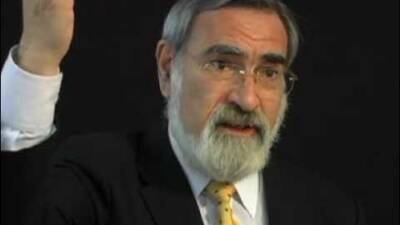
Rabbi Sacks on Peoplehood
JInsider (March 2010)
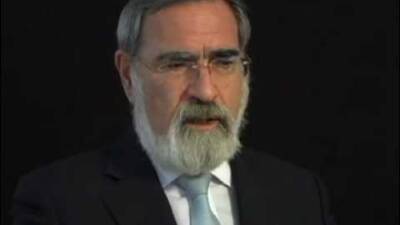
Rabbi Sacks on an Engaged Judaism
JInsider (March 2010)
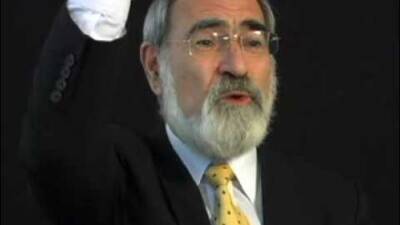
Rabbi Sacks on Charity Priorities
JInsider (March 2010)
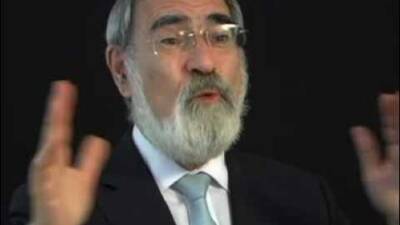
Rabbi Sacks on a Responsible Life
JInsider (March 2010)
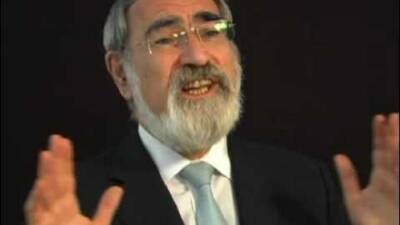
Rabbi Sacks on Reconciliation
JInsider (March 2010)
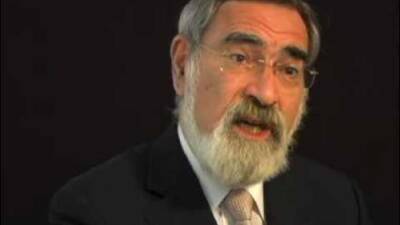
Rabbi Sacks on Community Conflict
JInsider (March 2010)
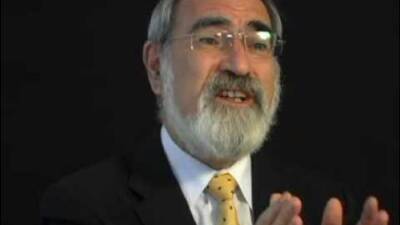
Rabbi Sacks on Particularism vs Universalism
JInsider (March 2010)
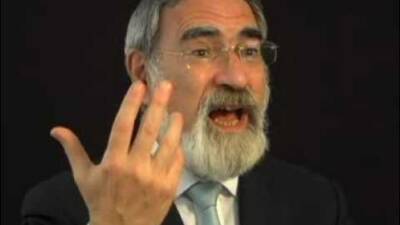
Rabbi Sacks on a Culture of Hope
JInsider (March 2010)
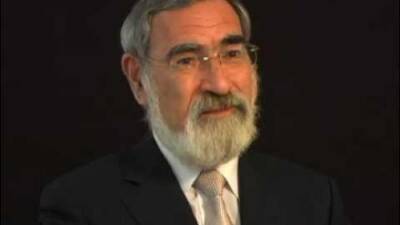
Rabbi Sacks on his Personal Hatikvah
JInsider (March 2010)
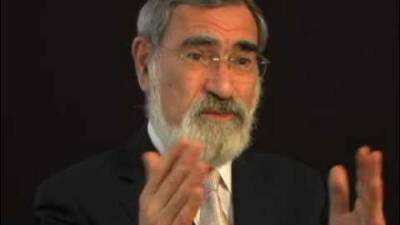
Rabbi Sacks on Israel and Jewish Society
JInsider (March 2010)
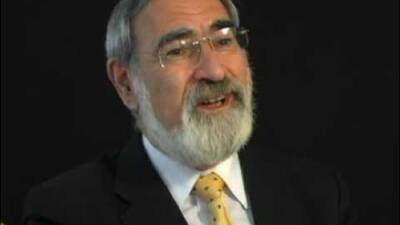
Rabbi Sacks on Torah in Today's World
JInsider (March 2010)
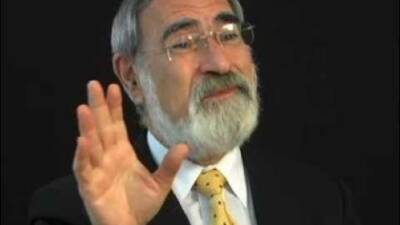
Rabbi Sacks on Prayer
JInsider (March 2010)
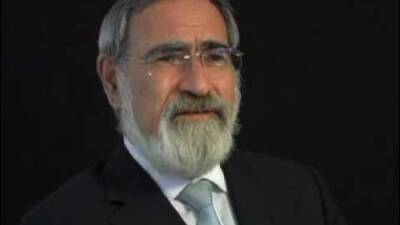
Rabbi Sacks on Indifference
JInsider (March 2010)
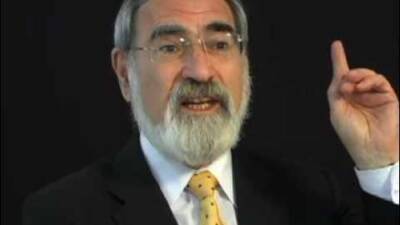
Rabbi Sacks on the Jewish Role in the World
JInsider (March 2010)
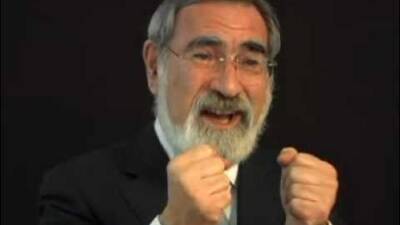
Rabbi Sacks on Torah and the Real World
JInsider (March 2010)
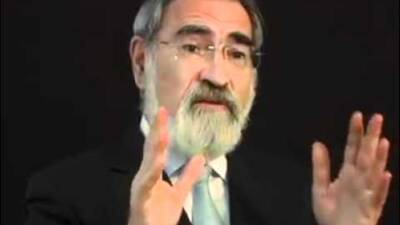
Rabbi Sacks on Free Market and Judaism
JInsider (March 2010)
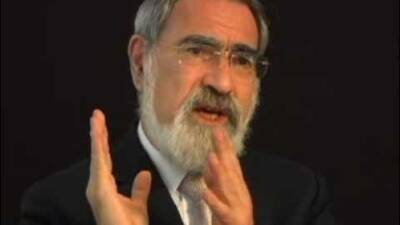
Rabbi Sacks on Antisemitism
JInsider (March 2010)
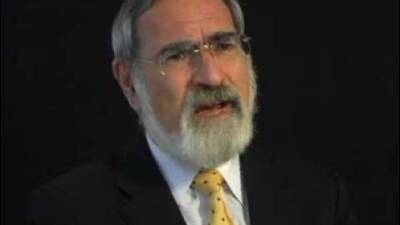
Rabbi Sacks on Future Tense
JInsider (March 2010)
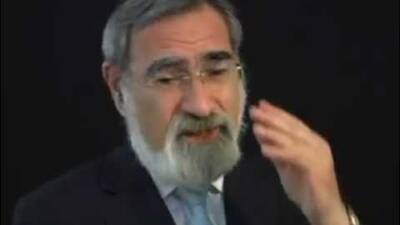
Rabbi Sacks on Love as Deed
JInsider (March 2010)
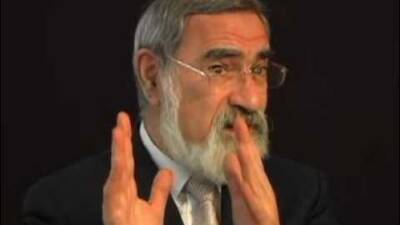
Rabbi Sacks on Combatting Antisemitism
JInsider (March 2010)
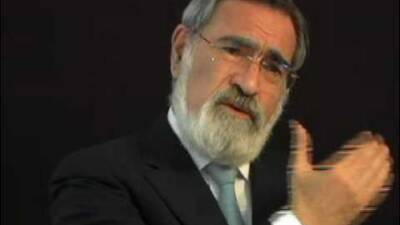
Rabbi Sacks on Material Loss
JInsider (March 2010)
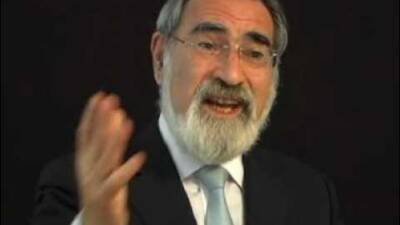
Rabbi Sacks on the Antidote to Materialism
JInsider (March 2010)
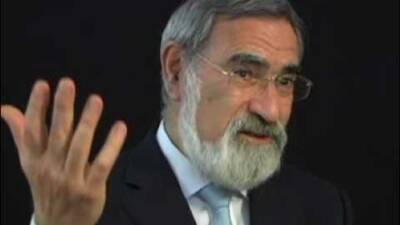
Rabbi Sacks on Parenting
JInsider (March 2010)
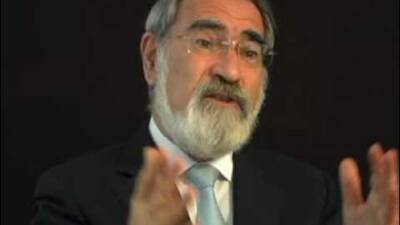
Rabbi Sacks on a Tzedakah Tale
JInsider (March 2010)
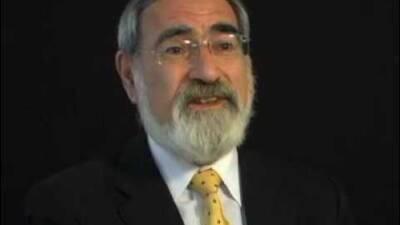
On the Internet and Judaism
JInsider (March 2010)
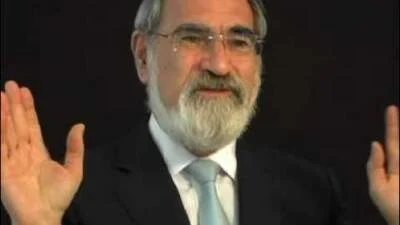
Rabbi Sacks on Plato's Ghost
JInsider (March 2010)
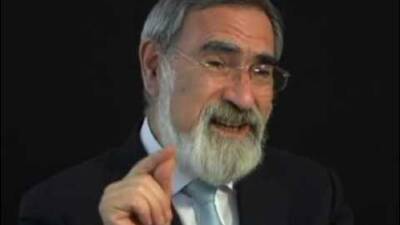
Rabbi Sacks on Optimism vs. Hope
JInsider (March 2010)
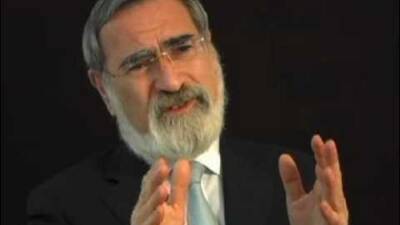
Rabbi Sacks on Victim Mentality
JInsider (March 2010)
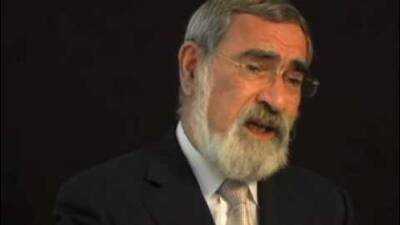
Rabbi Sacks on Jerusalem
JInsider (March 2010)
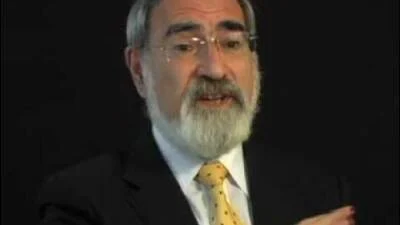
Rabbi Sacks on Advice for our Times
JInsider (March 2010)
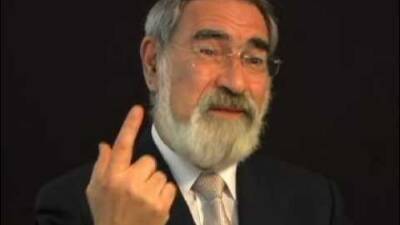
Rabbi Sacks on Fundamentalism
JInsider (March 2010)
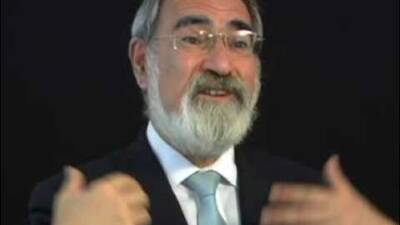
Rabbi Sacks on Time
JInsider (March 2010)
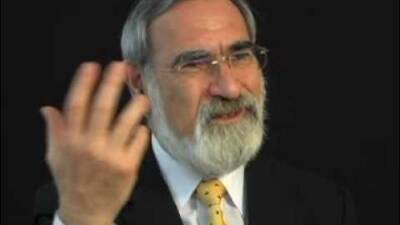
Rabbi Sacks on the Chosen People
JInsider (March 2010)
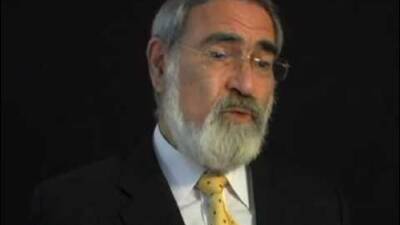
Rabbi Sacks on 21st Century Israel
JInsider (March 2010)
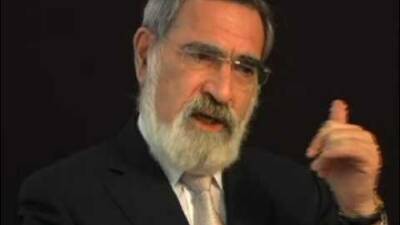
Rabbi Sacks on the Origins of Antisemitism
JInsider (March 2010)
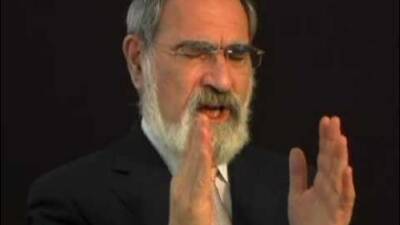
Rabbi Sacks on Understanding Jewish Exile
JInsider (March 2010)
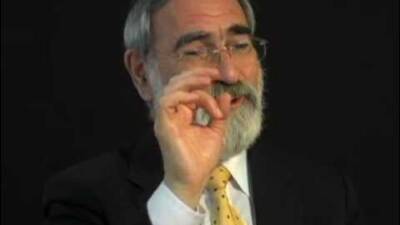
Rabbi Sacks on Anger
JInsider (March 2010)
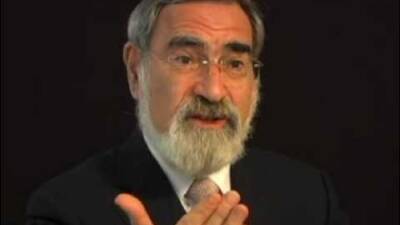
Rabbi Sacks on the Historical Evolution of Antisemitism
JInsider (March 2010)
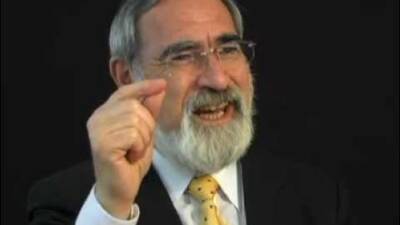
Rabbi Sacks on Interfaith Relations
JInsider (March 2010)
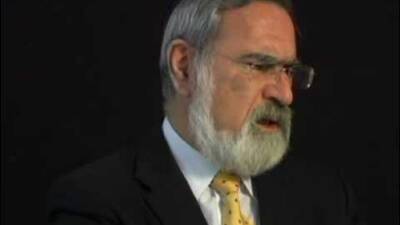
Rabbi Sacks on Coincidence and Providence
JInsider (March 2010)
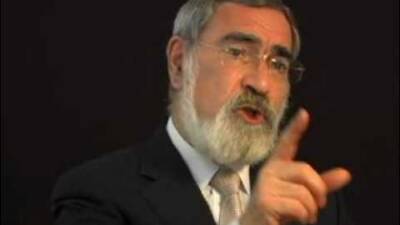
Rabbi Sacks on Free Will
JInsider (March 2010)
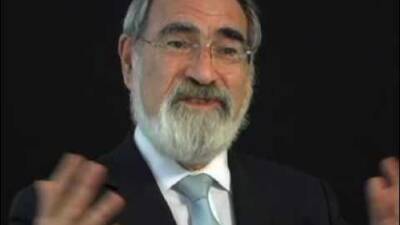
Rabbi Sacks on Family and Marriage
JInsider (March 2010)
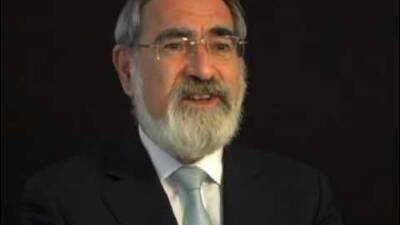
Rabbi Sacks on Tzedakah Defined
JInsider (March 2010)
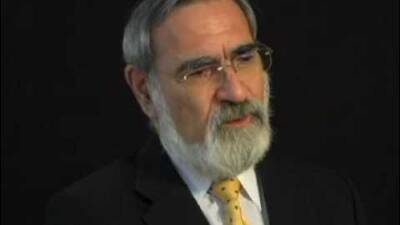
Rabbi Sacks on Daily Life
JInsider (March 2010)
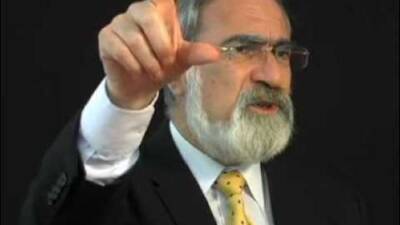
Rabbi Sacks on Being Jewish
JInsider (March 2010)
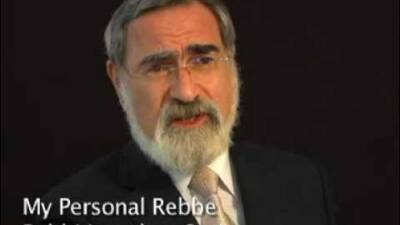
Rabbi Sacks on his Personal Rebbe, Rabbi Nachum Rabinovitch
JInsider (March 2010)
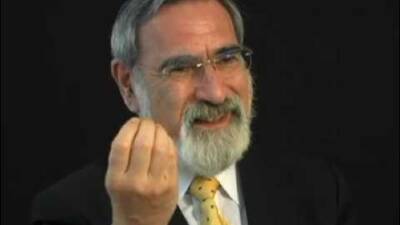
Rabbi Sacks on Connecting to God
JInsider (March 2010)
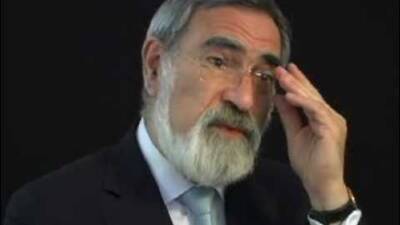
Rabbi Sacks on God and Evil
JInsider (March 2010)
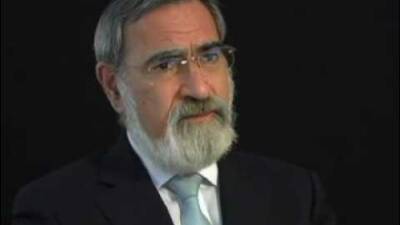
Rabbi Sacks on Dialogue with Atheists
JInsider (March 2010)
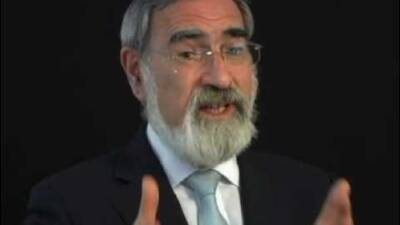
Rabbi Sacks on Doubt
Jinsider (March 2010)
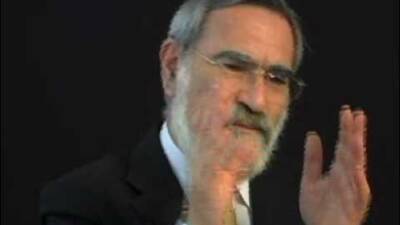
On Tikkun Olam
JInsider (March 2010)
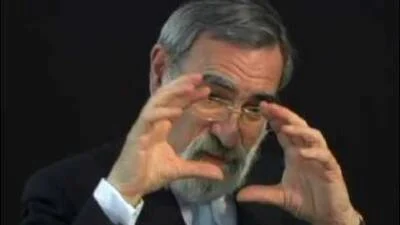
Rabbi Sacks on a Response to Atheism
JInsider (March 2010)
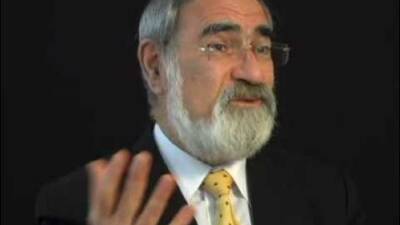
Rabbi Sacks on Finding Purpose
JInsider (March 2010)
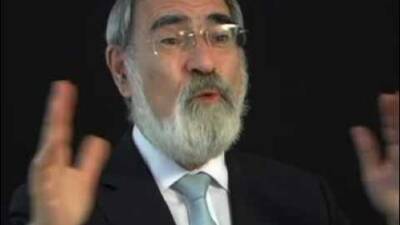
Rabbi Sacks on a Responsible Life - Example
JInsider (March 2010)
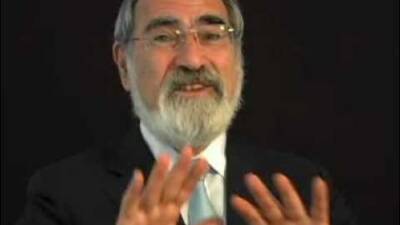
Rabbi Sacks on the Dignity of Difference - Part 2
JInsider (March 2010)
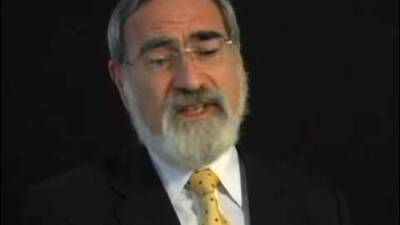
Rabbi Sacks on the Dignity of Difference - Part 1
JInsider (March 2010)
